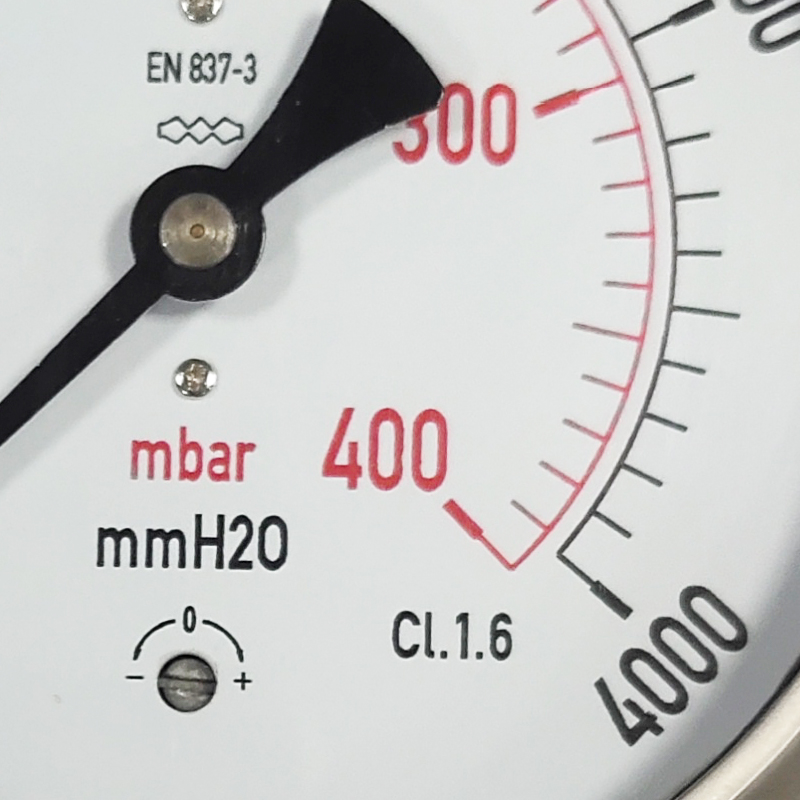
Oct . 02, 2024 14:34 Back to list
differential pressure gauge in pharma industry jah
Differential Pressure Gauges in the Pharmaceutical Industry
The pharmaceutical industry is one of the most regulated and critical sectors in modern society, playing an essential role in the development and manufacturing of medications that impact public health. Within this industry, maintaining strict control over environmental conditions and processes is paramount, and one of the key tools employed for this purpose is the differential pressure gauge.
A differential pressure gauge measures the difference in pressure between two points in a system. In the context of the pharmaceutical industry, these gauges play a vital role in ensuring that production processes adhere to stringent quality and safety standards. They are particularly important in environments such as cleanrooms, where maintaining specific pressure differentials is crucial for preventing contamination.
Applications in Controlled Environments
In cleanrooms, differential pressure gauges are used to monitor the pressure between the cleanroom and adjacent areas, such as hallways or storage rooms. By maintaining a positive pressure within the cleanroom, potential contaminants are kept at bay, reducing the risk of contamination during critical manufacturing processes. If the differential pressure gauge detects a drop in pressure, this could indicate a breach in the cleanroom's integrity, prompting immediate investigation and remediation.
Additionally, these gauges are essential in processes such as filtration, where they monitor the pressure drop across filters. A significant increase in pressure drop can indicate that a filter is becoming clogged, which could compromise the efficiency of the filtration process. By providing real-time feedback, differential pressure gauges enable operators to make informed decisions about when to change filters, thereby maintaining the integrity of the production environment.
differential pressure gauge in pharma industry jah

Regulatory Compliance and Quality Assurance
The pharmaceutical industry is heavily regulated by agencies such as the U.S. Food and Drug Administration (FDA) and the European Medicines Agency (EMA). Compliance with Good Manufacturing Practices (GMP) is mandatory, and differential pressure gauges are integral to demonstrating adherence to these regulations. These gauges must be calibrated and maintained regularly to ensure accuracy, which is critical for meeting statutory requirements.
Furthermore, differential pressure gauges contribute to the overall quality assurance processes within pharmaceutical manufacturing. By continuously monitoring pressure differentials, companies can maintain operational consistency, which, in turn, leads to higher quality products. Ensuring that environmental controls are functioning effectively minimizes the risk of batch failure, ultimately saving time and costs associated with rework or recalls.
Future Trends and Innovations
As technology continues to evolve, the pharmaceutical industry is embracing advancements in differential pressure measurement. Smart differential pressure gauges equipped with IoT capabilities are gaining traction. These devices offer remote monitoring, data logging, and advanced analytics, providing operators with greater visibility into their processes and enhancing response times to potential issues.
In conclusion, differential pressure gauges are indispensable tools in the pharmaceutical industry, critical for maintaining cleanroom integrity, ensuring regulatory compliance, and supporting quality assurance. As the industry advances, the integration of smart technologies will further enhance the role of differential pressure gauges, leading to improved operational efficiency and product quality. The continued emphasis on precision and reliability in pharmaceutical manufacturing underscores the importance of these gauges in safeguarding public health.
-
High-Precision 5 Valve Manifold Differential Pressure Gauge Suppliers
NewsApr.29,2025
-
High-Precision Diaphragm Vacuum Pressure Gauges Manufacturers & Quotes
NewsApr.29,2025
-
Omega Differential Pressure Gauges High Accuracy & Durability
NewsApr.28,2025
-
Low Pressure Differential Pressure Gauges Precision Solutions & Quotes
NewsApr.28,2025
-
Digital Diaphragm Pressure Gaauge Precision Measurement & OEM Quotes
NewsApr.28,2025
-
Differential Pressure Gauge China Price High-Accuracy & Best Quotes
NewsApr.28,2025
